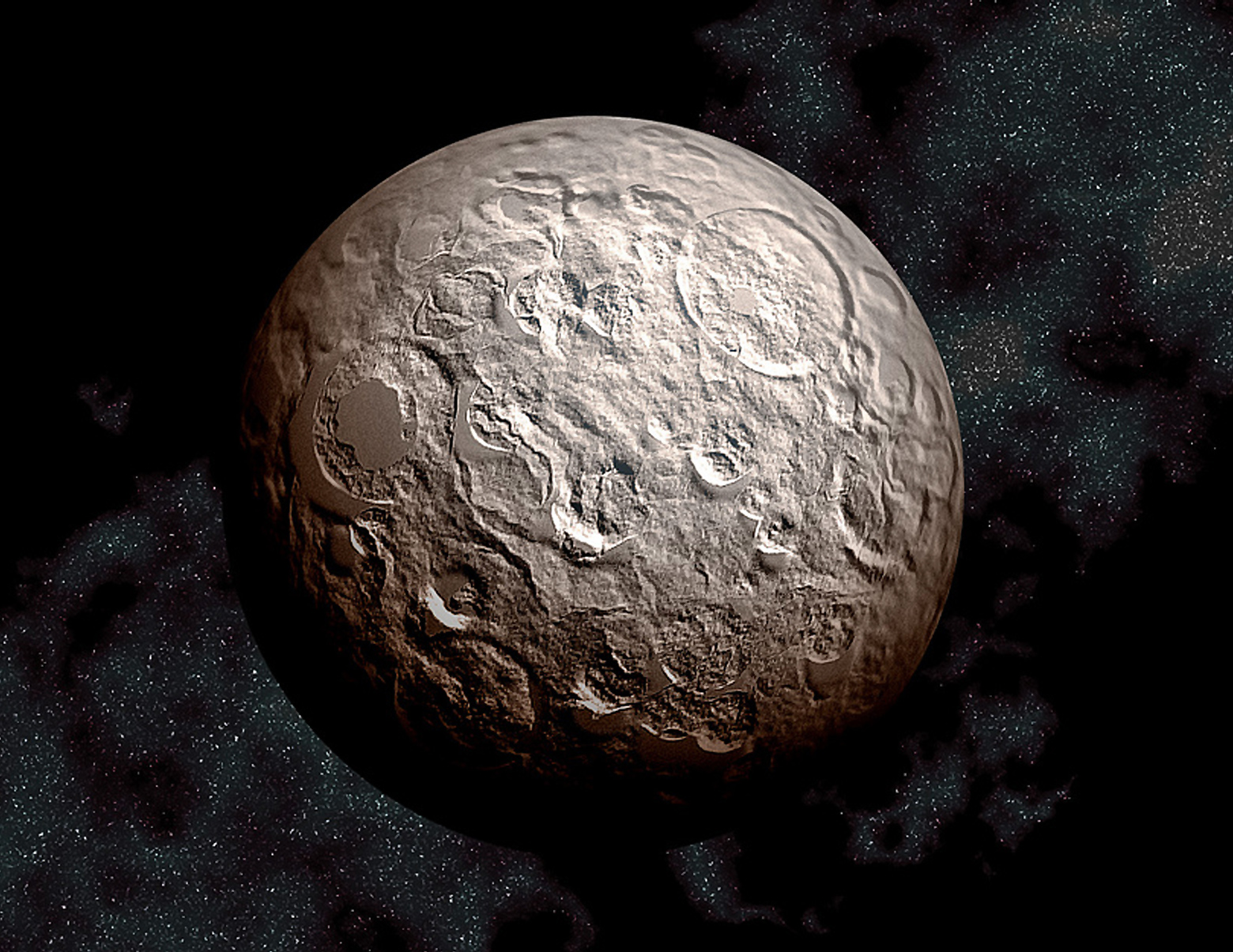Interstellar travel could be possible, scientists say, but not in the way you might think.
For decades, science fiction stories have proposed the idea of traveling outside of our known galaxy. This kind of traveling is more commonly known as interstellar traveling, and it’s just one of many long-term, possibly improbable goals humanity has for the future. But it’s a goal for good reasons.
Unlocking interstellar travel

Billions of years in the future our Sun will leave its main sequence. At that point, it will become a red giant. When that happens, Earth and several other planets will be swallowed up and destroyed. The hope, for many, is that by that time humans will have advanced enough to have massive spacecraft capable of carrying us elsewhere. But, what if we don’t?
Well, a new paper published in the International Journal of Astrobiology suggests we might not need spaceships for interstellar travel after all. Instead, we could use rogue planets.
Published in early April, the paper was written by Irina K. Romanovskaya. Romanovskaya suggests that migrating extraterrestrial civilizations (or ETCs) could have already experienced planet-killing events like their star dying. As such, it is possible that they have used rogue planets as living, organic spaceships to travel the universe.
The idea is predicated on the fact that interstellar travel would require technology capable of faster-than-light travel. Or, if that wasn’t possible, a spacecraft large enough for generations of humans to live out their lives during transit. Both options are unlikely for centuries to come, especially based on how limited our space technology is now.
The paper, overall, is more meant to help with the search for extraterrestrial life, but the propositions within it could implicate some amazing things.
Using rogue planets as moving colonies

Of course, there is another wrinkle to using rogue planets for interstellar travel than just discovering them. First, we’d need to be able to get to them. Upcoming missions to the Moon and even planned missions to Mars in the 2030s could help prepare us for that.
But, ultimately, getting to the point where we have entire cities on other planets could be centuries away. Maybe even longer. As such, theories like this could take a long while to prove. But, that doesn’t make it any less intriguing.
Finding a way to make interstellar travel possible would be fantastic. And it could open new doors of exploration for humanity as a whole. Currently, the only experience we have with any kind of interstellar travel is Voyager 1 and Voyager 2, both of which are meandering through interstellar space.








